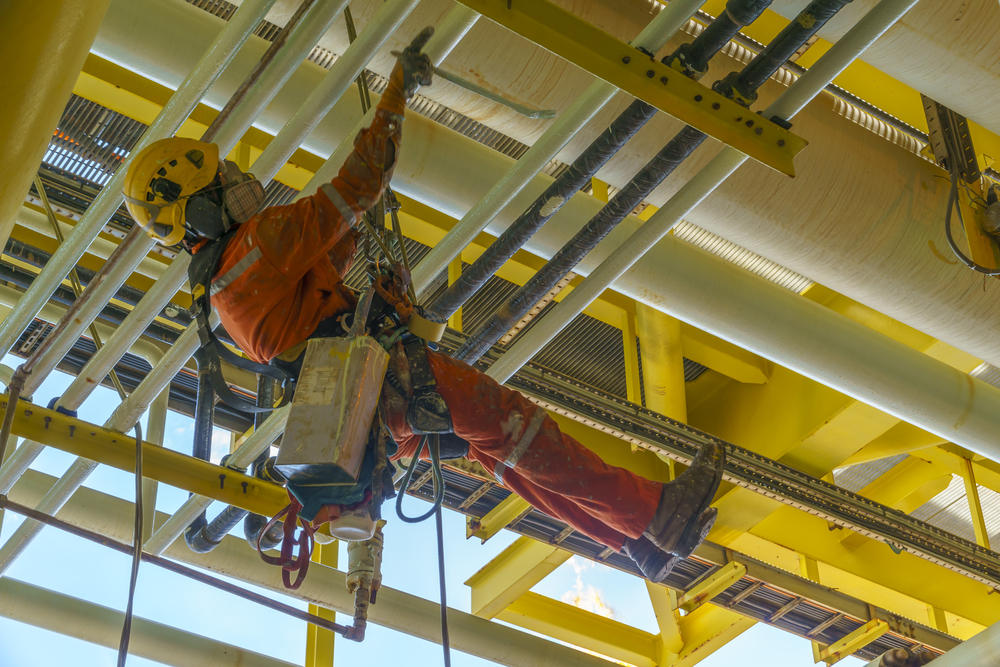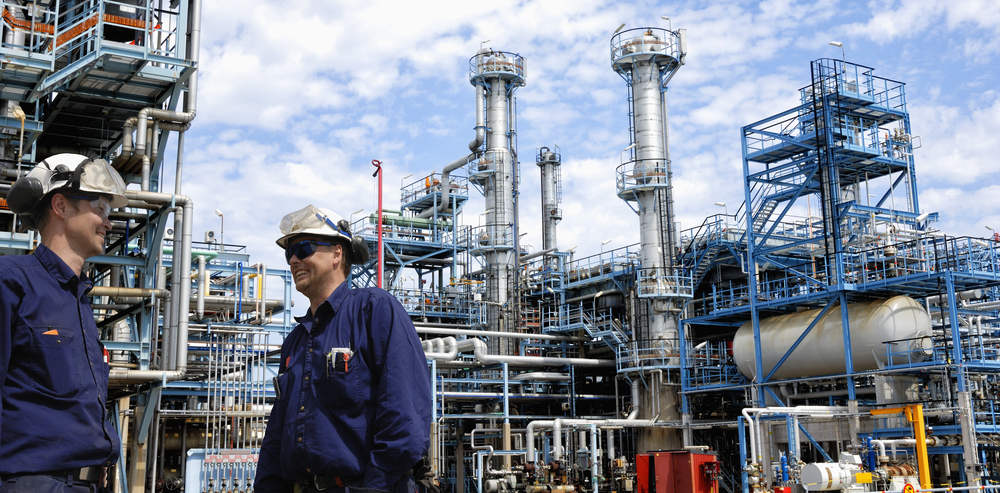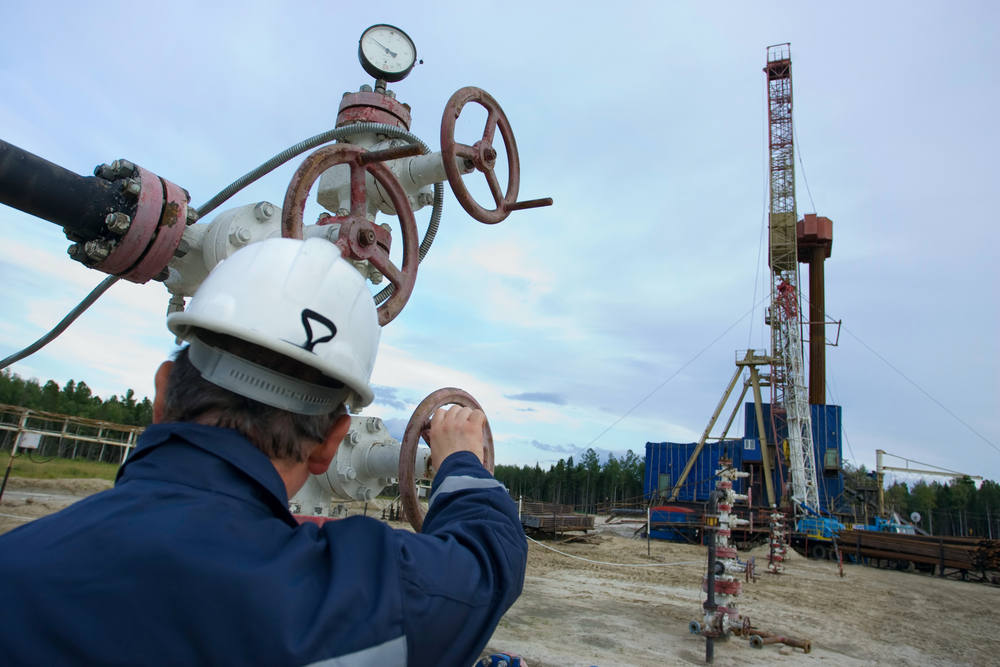Work environments across the oil and gas industries are hazardous, and that’s an understatement. To ensure the safety of all the employees working in such environments, oil and gas industry safety standards must be followed by companies.
In this post, we’ll take you through some safety tips that can help your company set high standards as far as oil and gas safety is concerned. But before we get to that, let’s go through the importance of safety in the oil and gas industry.
Why is oil and gas industry safety important?
When companies working in the oil and gas industry don’t adhere to safety standards, they remain at risk round-the-clock, as even a minor issue in the machinery can cause disasters. Read on to know some of the ways how employees working in the oil and gas industry can be affected if any safety protocol is left ignored:
Falls

Whenever there’s an elevated risk area where workers have to remain active, there’s a risk of the workers falling. If the workers do fall and proper oil and gas safety equipment and structures aren’t in place, there may be a great loss of life.
Fire
The ones working in the oil and gas industries are exposing themselves to combustible materials and substances round-the-clock. All it takes for a fire to be set off is some drilling or a well blowout.
Electrocution
The extraction processes that the oil and gas industries are heavily reliant on a variety of chemicals and saltwater. Both saltwater and chemicals are corrosive and may set off electrocution issues, which directly endanger the workers.
Being struck by industrial objects
Both the oil and gas industries feature a distinct array of industrial objects that are required for the industries to be at their productive best. So, now you know what the most important safety tips in the oil and gas industry are. If you haven’t incorporated them into your company’s day-to-day operations, we suggest incorporating them as soon as possible.
Exposure to harmful chemicals
Operations such as gauging and drilling involve the workers being exposed to a whole host of harmful chemicals for several hours at a go. One such chemical is hydrogen sulfide, the long-term effects of which include sudden collapses, irregular heartbeat, adverse effects on the nervous system, and respiratory paralysis.
The top safety tips
In this section, we’ll take you through the most effective oil and gas safety tips that you should practice day-in and day-out to ensure complete safety for your workforce:
Don’t ignore the housekeeping
Employees of the oil and gas industries often have to perform in high-stress environments, which may lead to mistakes from them. A simple trip or a fall from a height because of some debris or tools in their way can result in loss of life. To avoid situations like these, you should ensure that your housekeeping is on point so that things in the work environment capable of causing accidents are taken care of in advance.
Ensure that the employees are wearing protective equipment
If you spot any of your employees without protective gear, you shouldn’t let it slide. If you do, it might encourage others to be complacent and ignore the safety standards that your company has to adhere to. So, set an example by reprimanding the employees who are flouting safety norms at the workplace.
Letting a minor issue linger can be disastrous
HSE oil rig inspections are thorough and they can identify the most minor issues as well. However, if you let them linger instead of addressing them, they may turn into something severe before you know it. So, take action whenever a minor problem is detected.
Using obsolete equipment
The complex machinery required to undertake the jobs across the modern-day oil and gas industry needs to be upgraded. Relying on old machinery that may have developed issues over time isn’t a good idea. Old machinery may harm your productivity and also risk the health and safety of your employees.
Communicate with the employees
At the end of the day, your employees are human beings, and expecting them to be perfect every day at work is expecting too much. So, instead of harboring unrealistic expectations, be realistic, and communicate any issues that you may have with your employees. Remember, the more transparent the communication is, the better your employees perform.

So, now you know what the most important safety tips in the oil and gas industry are. If you haven’t incorporated them into your company’s day-to-day operations, we suggest incorporating them as soon as possible. A safer working environment would also lead to a workforce that can work with confidence throughout the year. So, give your company and employees the security that is needed without any delays.


